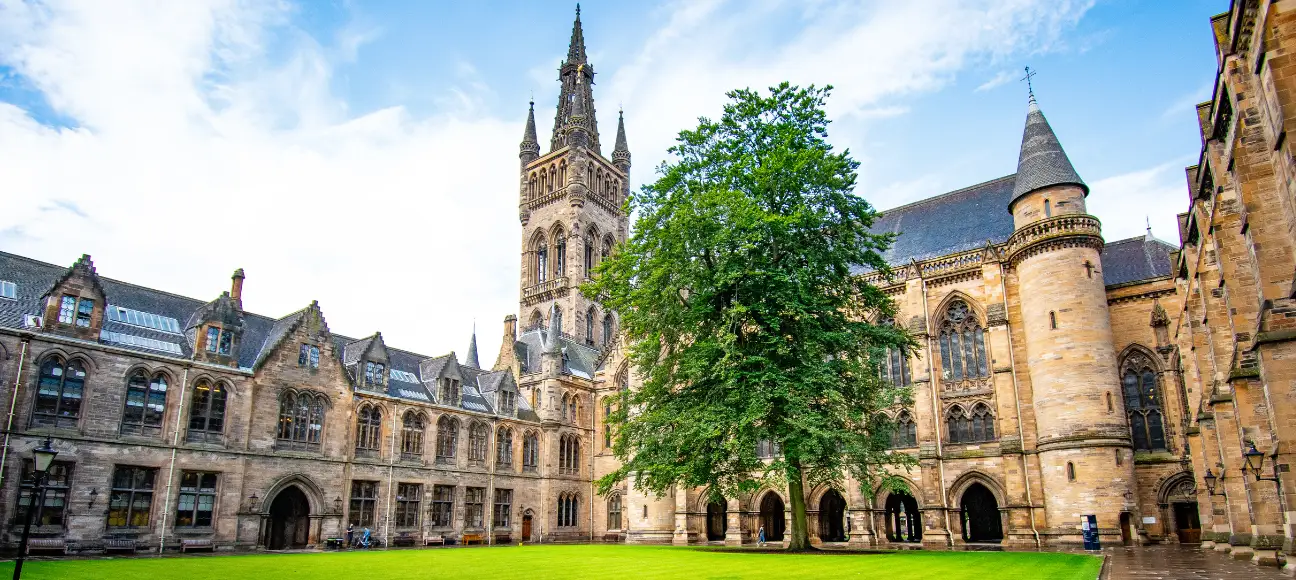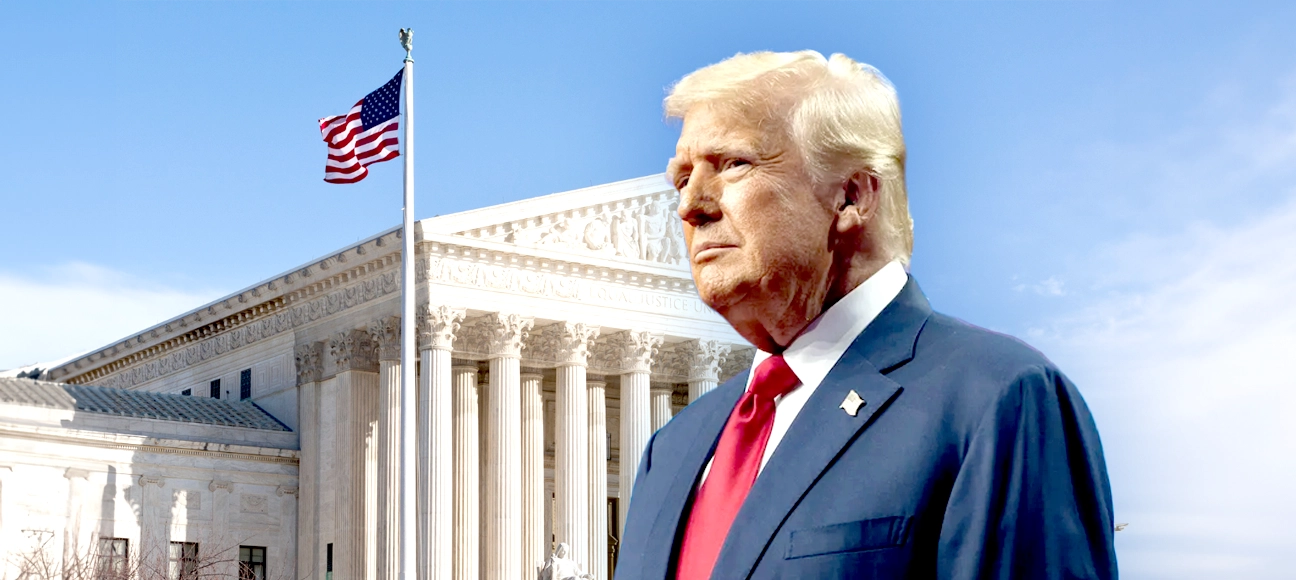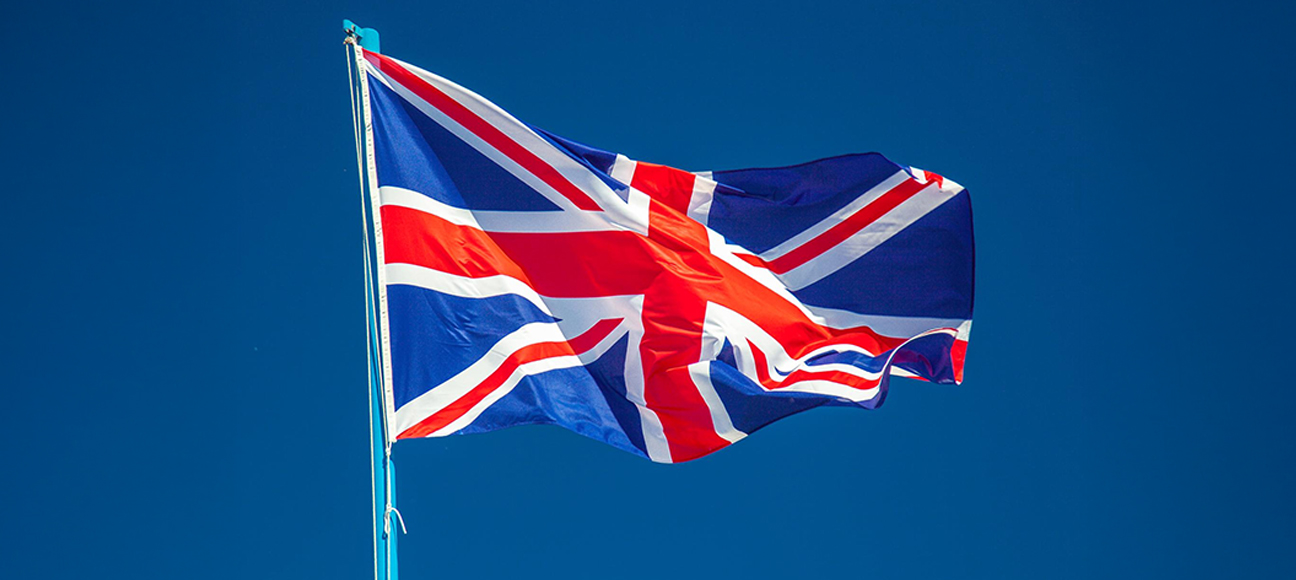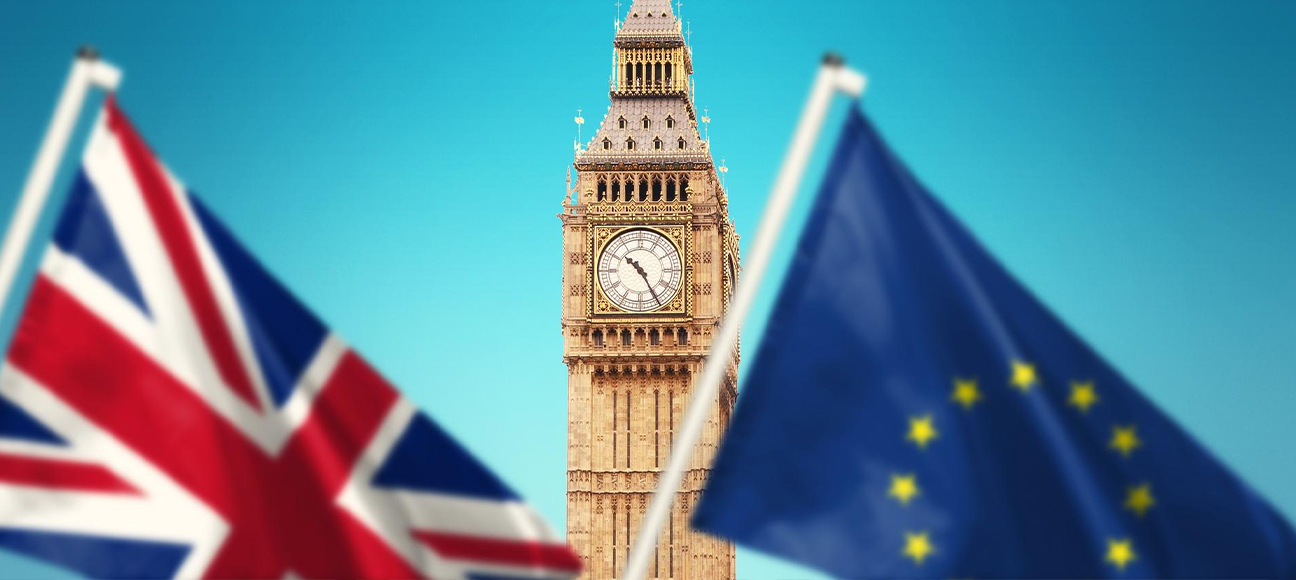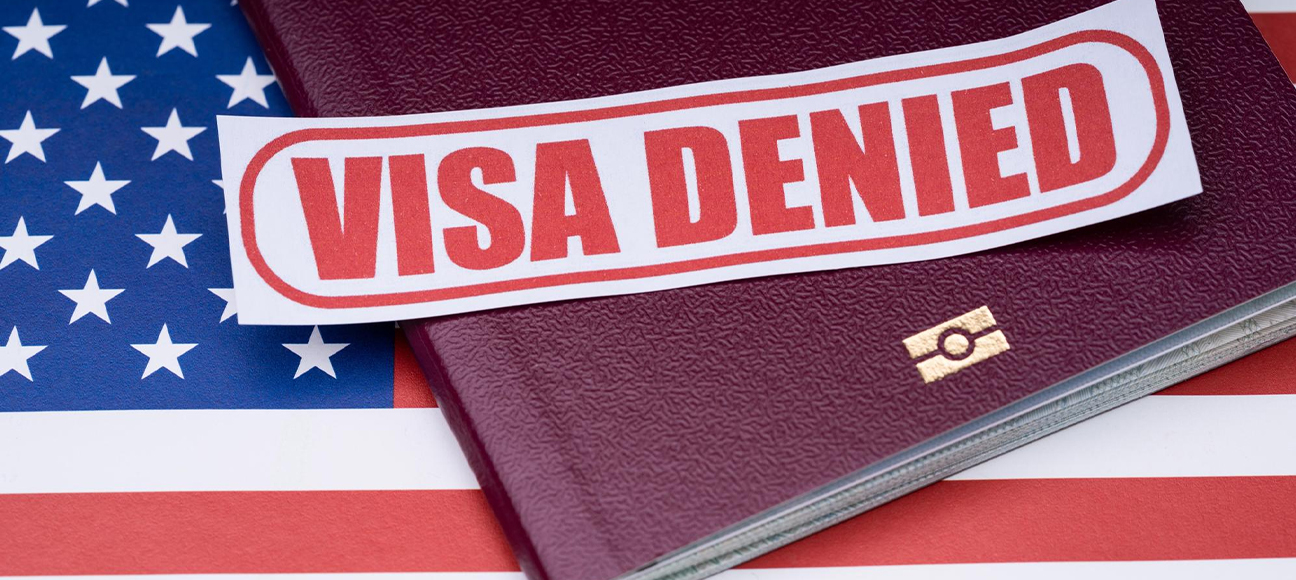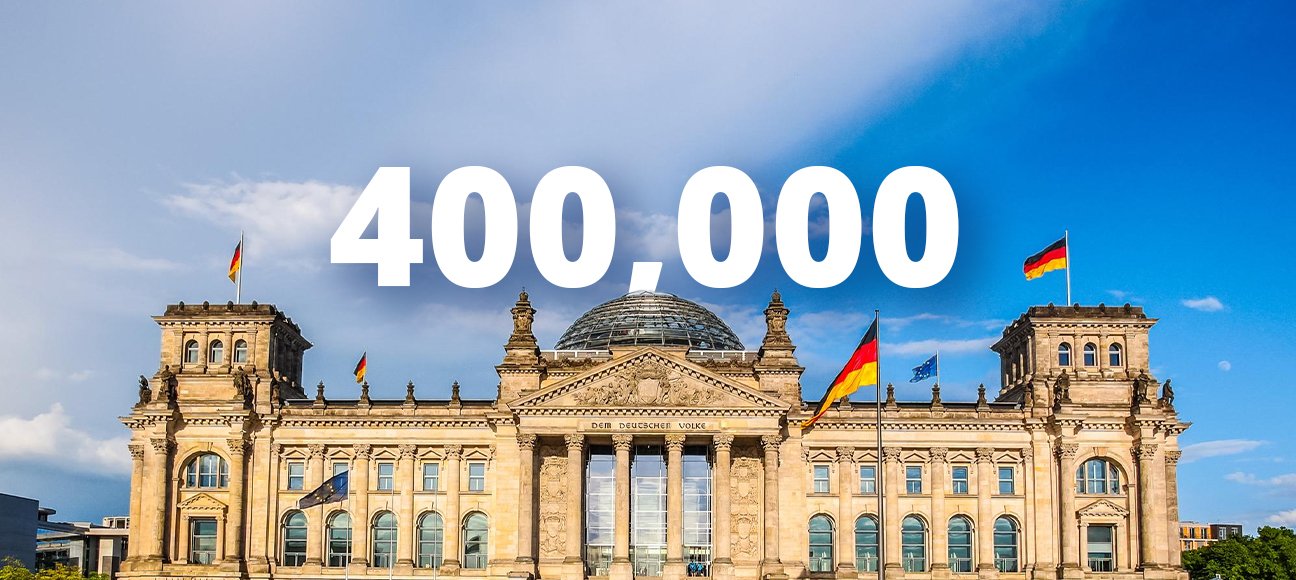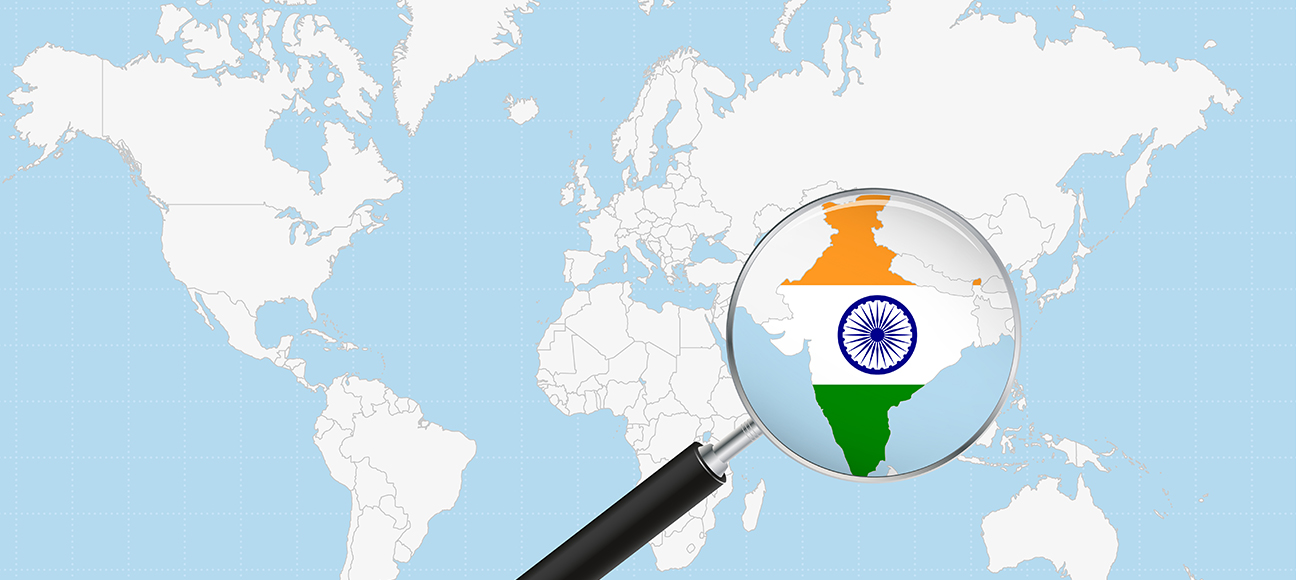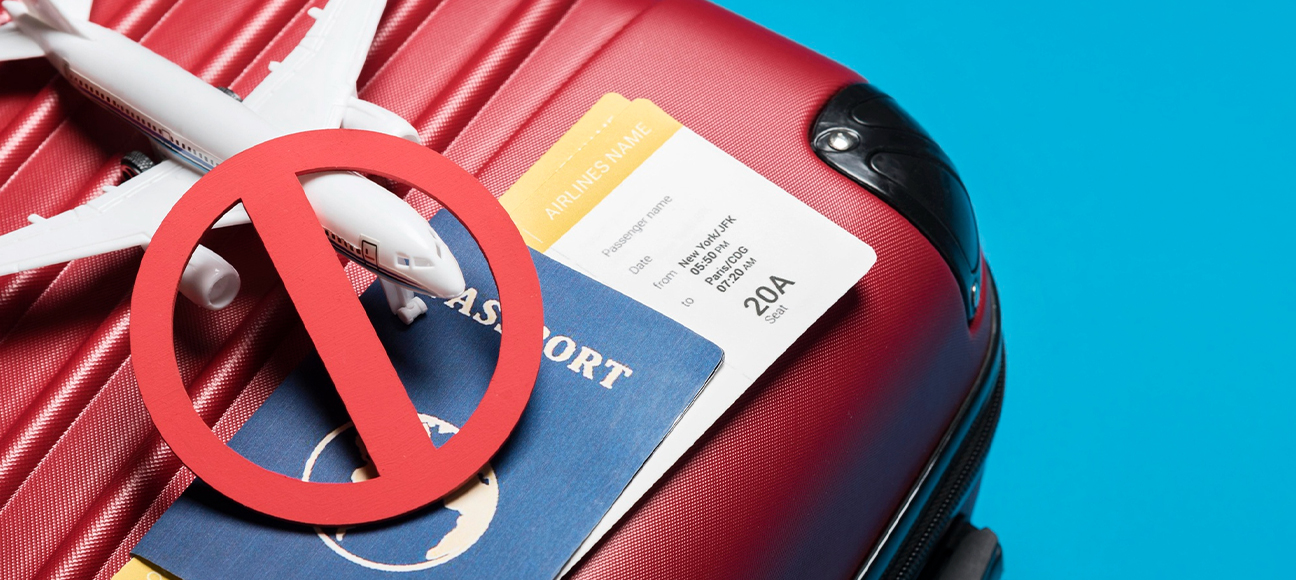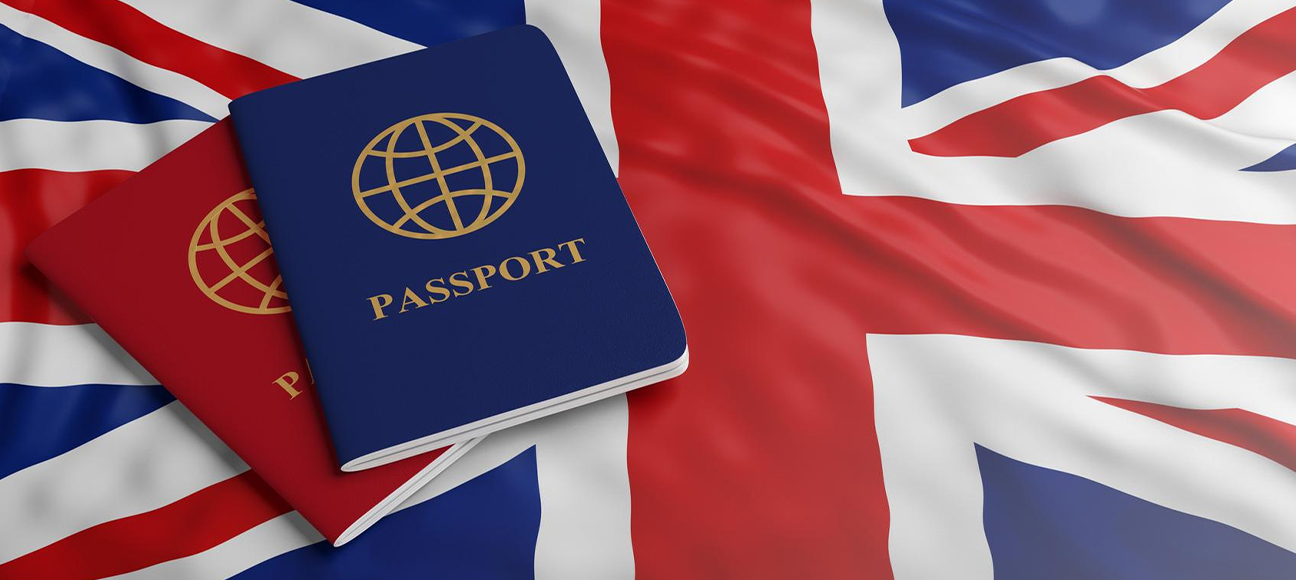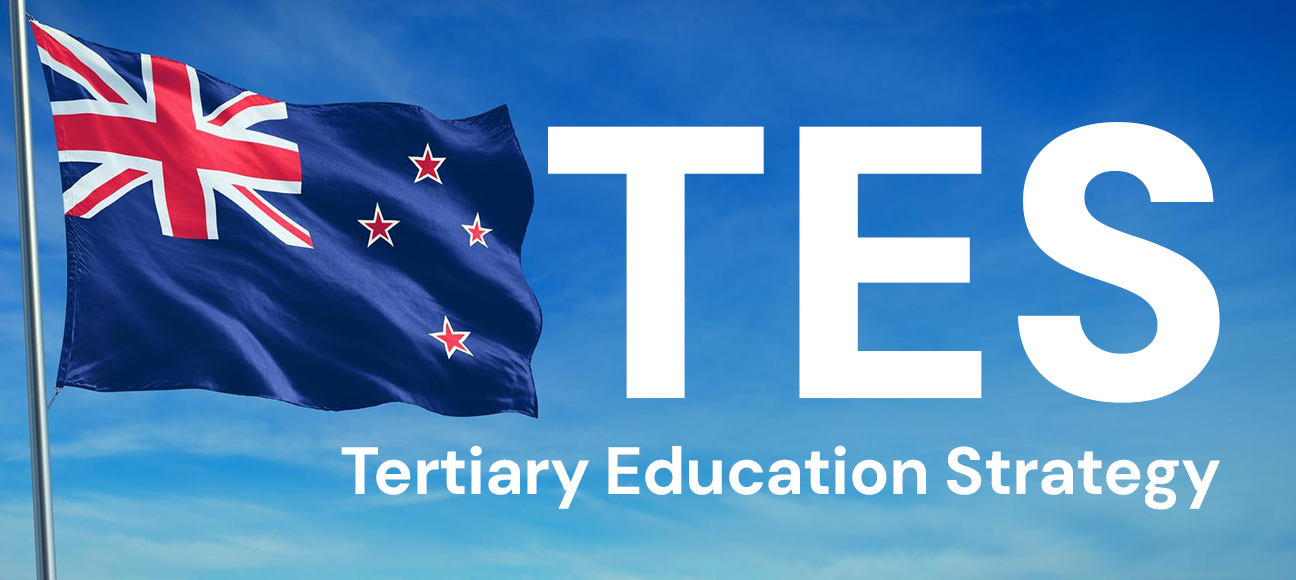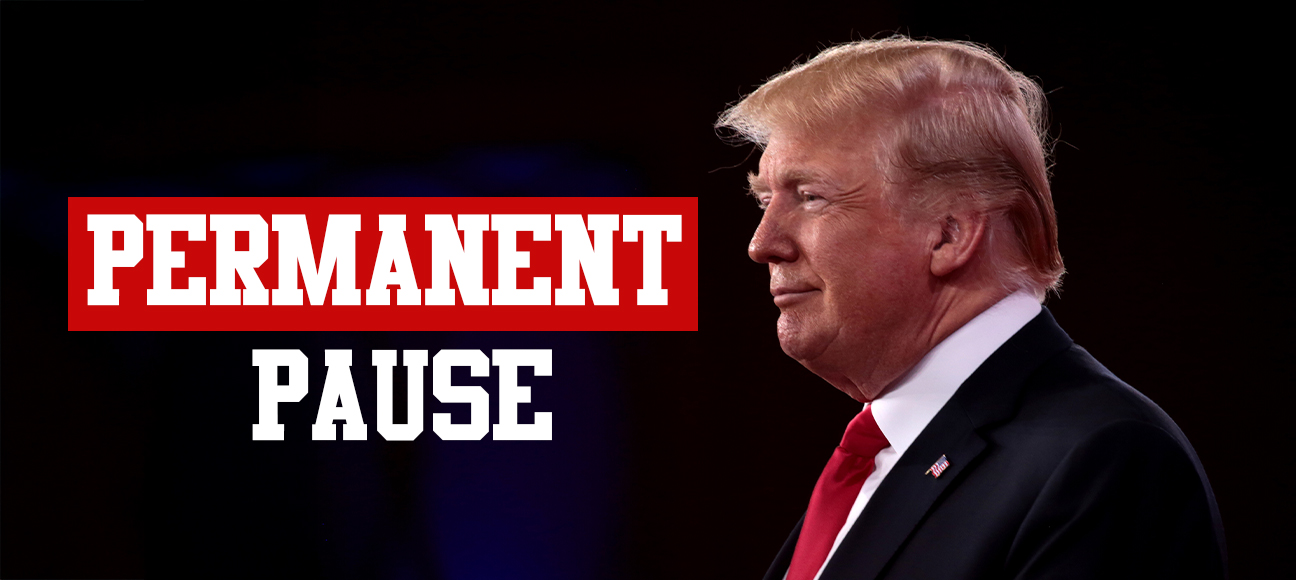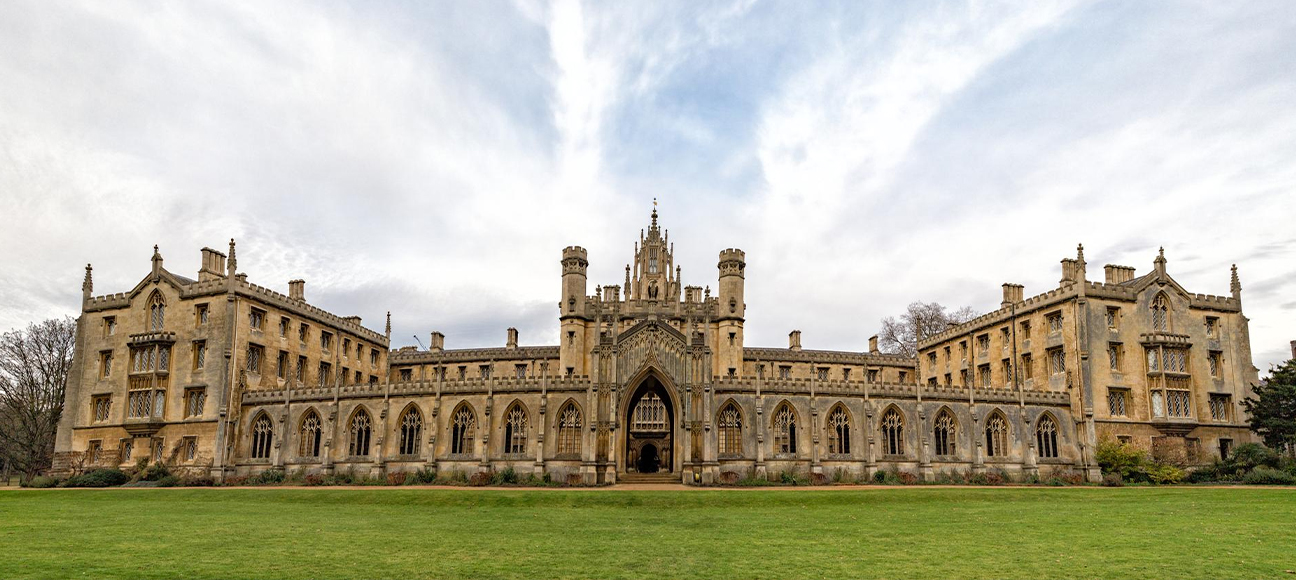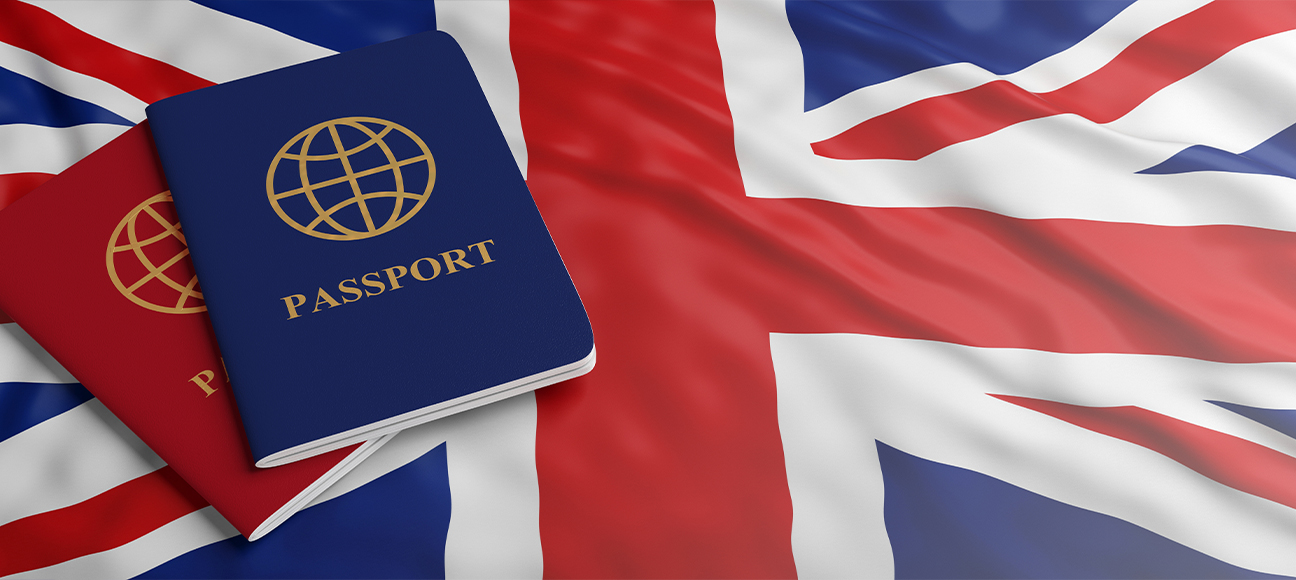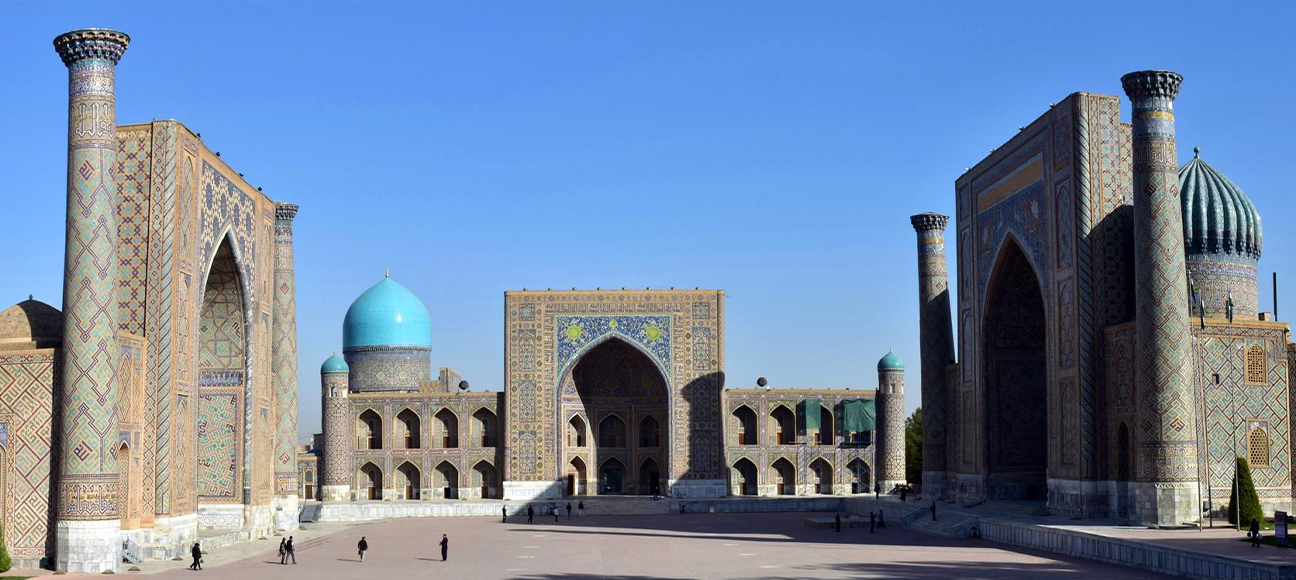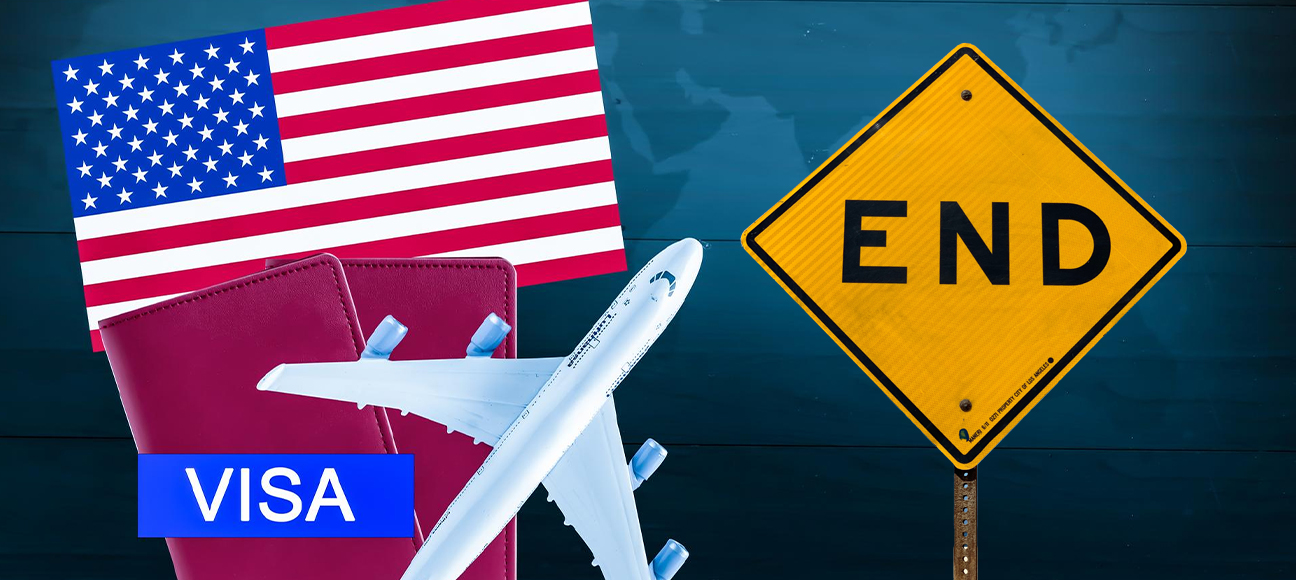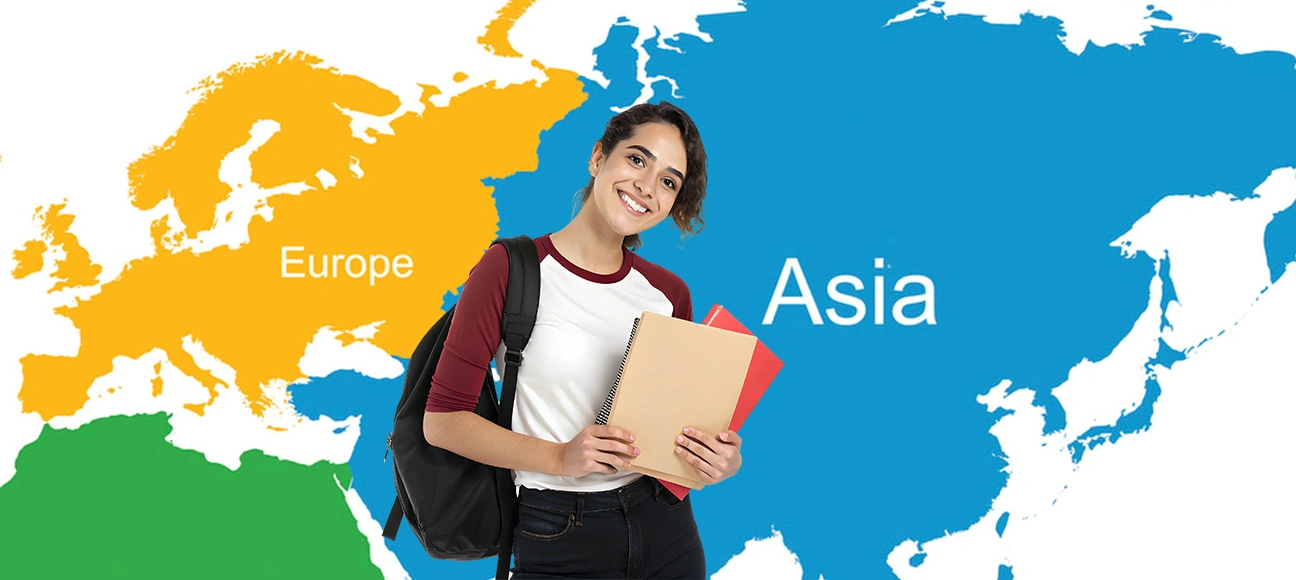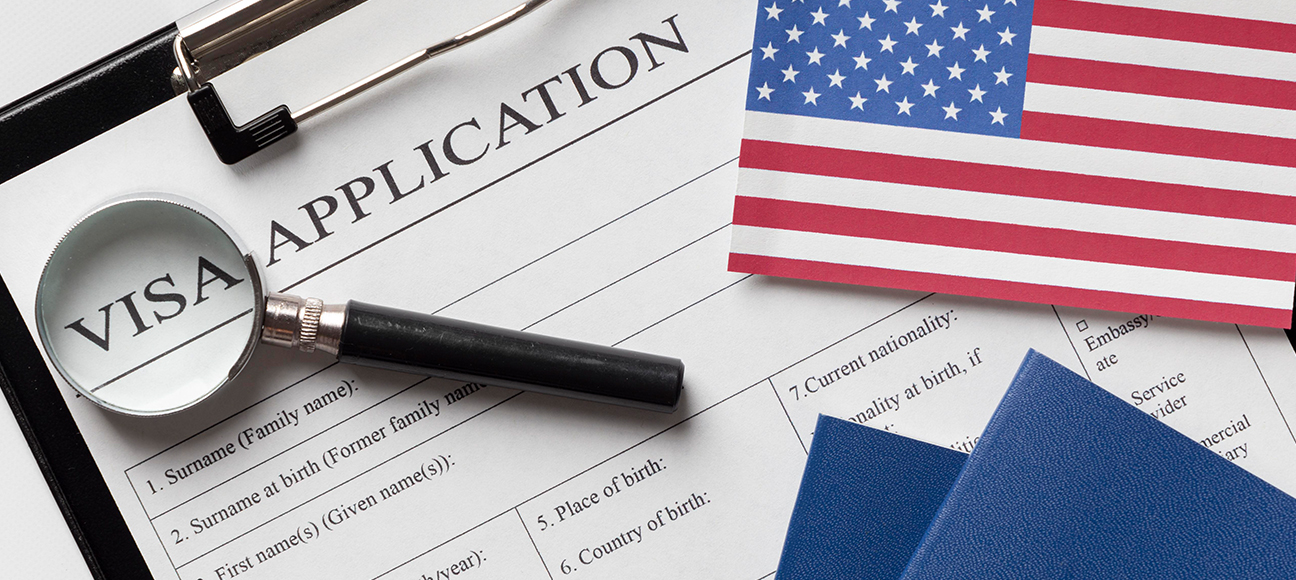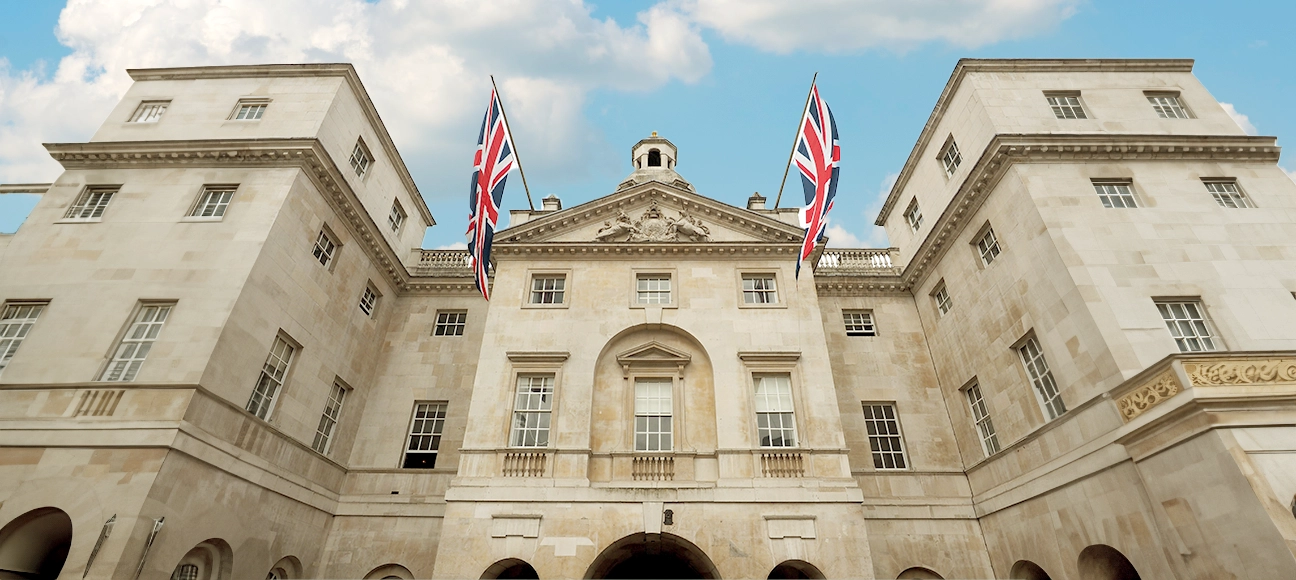CBSE Set to Launch Global Curriculum in UAE and Other Nations from April 2026

The Central Board of Secondary Education (CBSE) is taking a significant leap toward internationalisation by announcing the launch of its Global Curriculum in April 2026. This new educational framework will initially be rolled out in CBSE-affiliated schools in the United Arab Emirates (UAE) and other Gulf Cooperation Council (GCC) countries. This strategic move aims to reposition Indian schooling abroad as a strong competitor to international boards like the IB and Cambridge International.
The core objective of the Global Curriculum is to create a dynamic blend of Indian educational philosophy and modern international learning standards. While preserving the foundational strengths and cultural values embedded in the existing Indian curriculum, the new framework will introduce greater flexibility and a competency-based learning approach. This approach aligns with India’s National Education Policy (NEP) 2020, which stresses holistic development and global citizenship.
The Global Curriculum will focus heavily on skills and adaptability, promoting critical thinking, research-based projects, and the real-world application of knowledge. This shift is designed to better prepare students in the Indian diaspora for a globally interconnected world, ensuring smoother transitions into foreign universities and international workplaces. The curriculum is designed to be ‘glocal’—globally oriented yet able to integrate local contextual requirements, such as Arabic language studies and regional cultural awareness, essential for schools operating in the UAE.
The announcement was officially made at the 31st annual international conference of Sahodaya School Complexes in Dubai, where over 800 school leaders gathered. The curriculum is currently in its draft stage, allowing for input from various stakeholders.
A major focus of the implementation strategy involves extensive collaboration with regional education regulators in the Gulf, including Dubai’s KHDA, Abu Dhabi’s ADEK, and Sharjah’s SPEA. These authorities are reportedly supportive, commending CBSE’s commitment to maintaining a balance between academic quality and affordability—a crucial factor for expatriate Indian families. The discussions centre on areas like curriculum contextualisation, teacher qualification equivalence, and ensuring the global recognition of CBSE certificates.
The Global Curriculum is a refined successor to the earlier CBSE-International (CBSE-i) programme, which was launched in 2010 but discontinued in 2017 due to operational hurdles. Officials have confirmed that the new framework has drawn vital lessons from the previous experience, focusing on a more sustainable structure, enhanced teacher training, and a clear regulatory framework tailored specifically for overseas schools. With the UAE alone hosting the largest network of CBSE-affiliated schools outside India—106 institutions—the region is the natural starting point for this transformative rollout.
The launch of the CBSE Global Curriculum in April 2026 represents a pivotal moment for Indian education on the world stage. By successfully merging deep-rooted Indian educational values with the flexibility and future-ready skills demanded by international standards, the CBSE aims to significantly enhance the global standing and competitiveness of its schools abroad. This initiative promises to offer Indian expatriate students a world-class education that is culturally grounded yet internationally relevant, securing the board’s position as a dynamic and globally minded education provider.
Source: TIMES OF INDIA
Top Stories
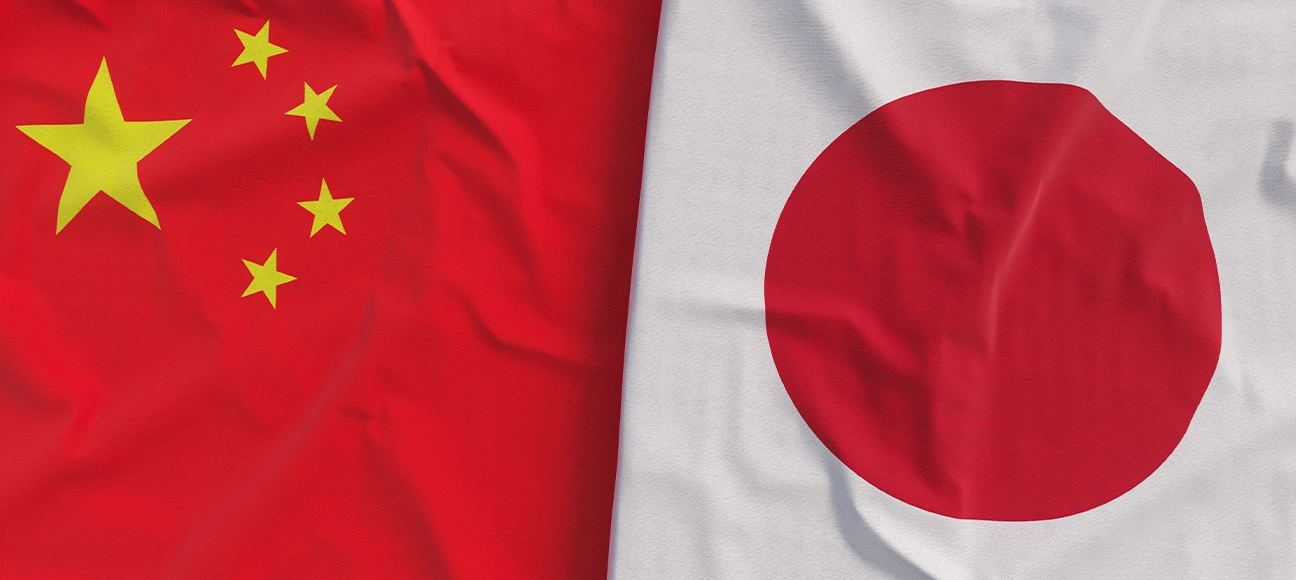
China and Japan Release Safety Alerts for Students Amid Growing Tensions
November 19, 2025 | By Aahana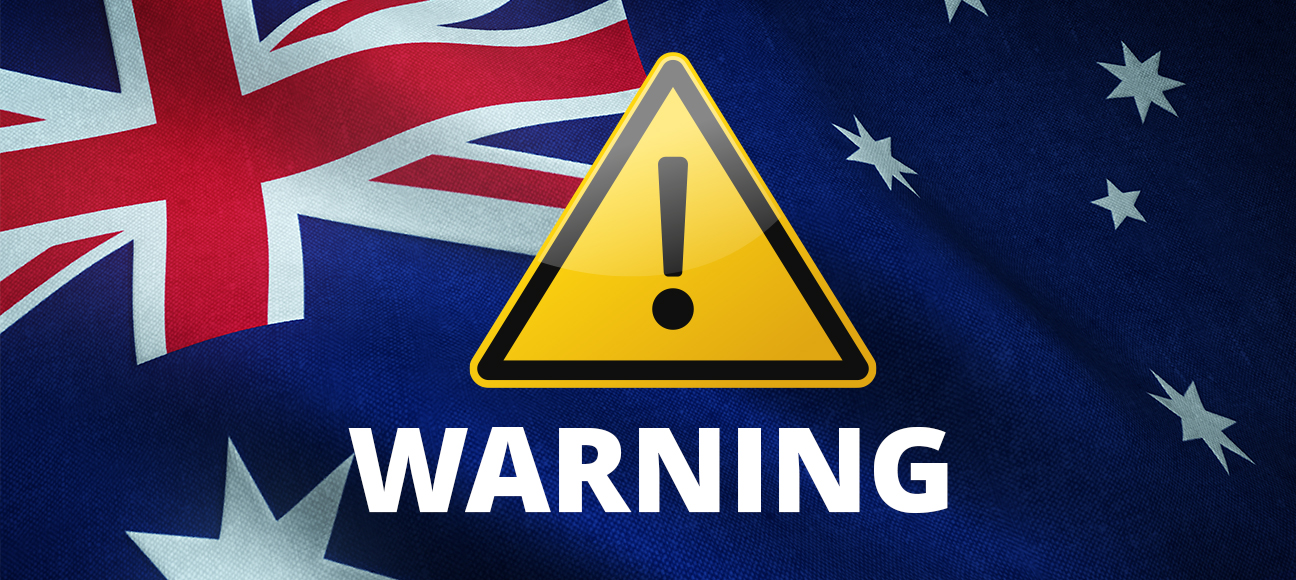
Australia Issues a Tough Warning Over Student Visa Integrity Threats
November 17, 2025 | By Henry
IELTS ‘Technical Glitch’ Sparks Global Score Chaos and Apology
November 13, 2025 | By Vaidant




